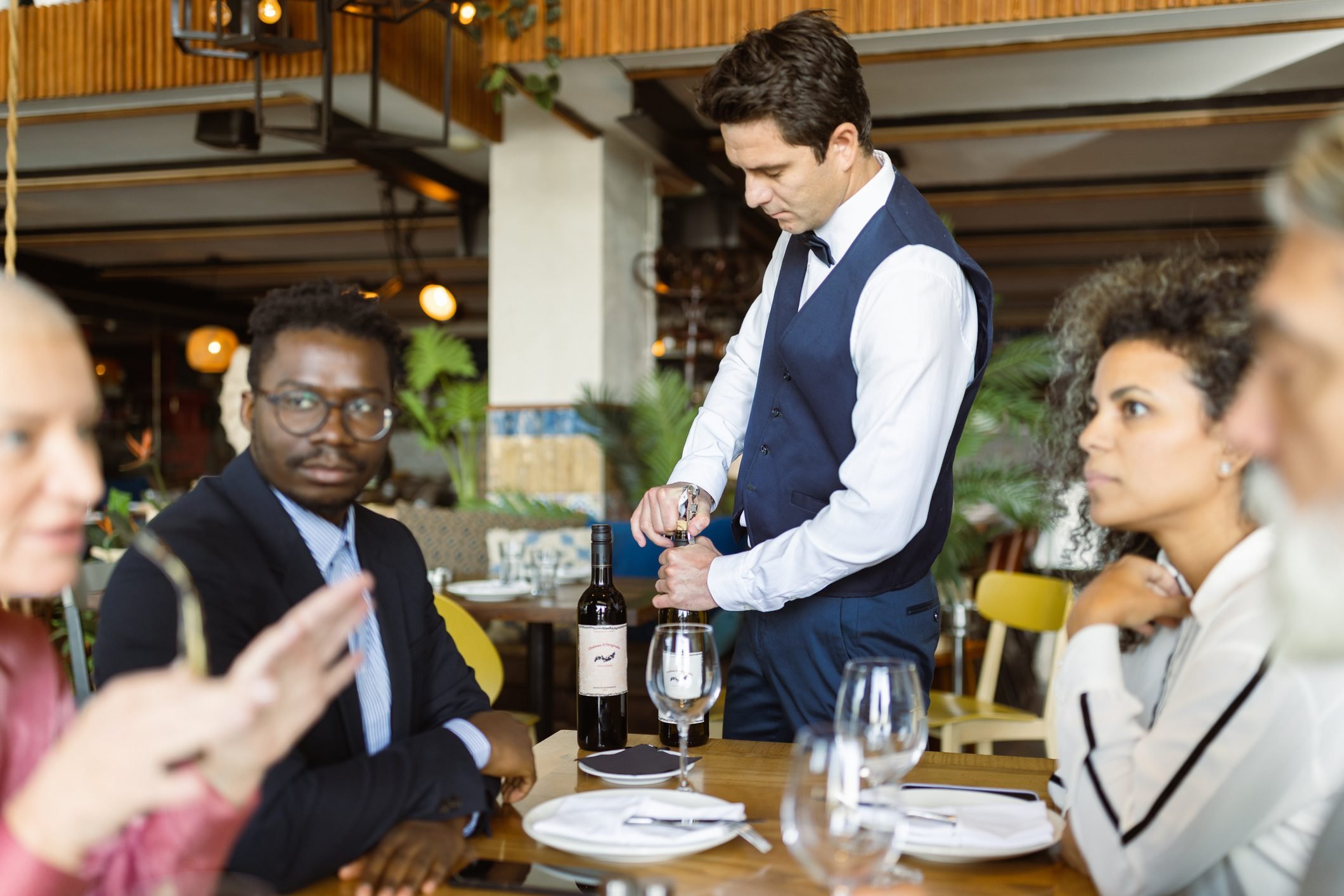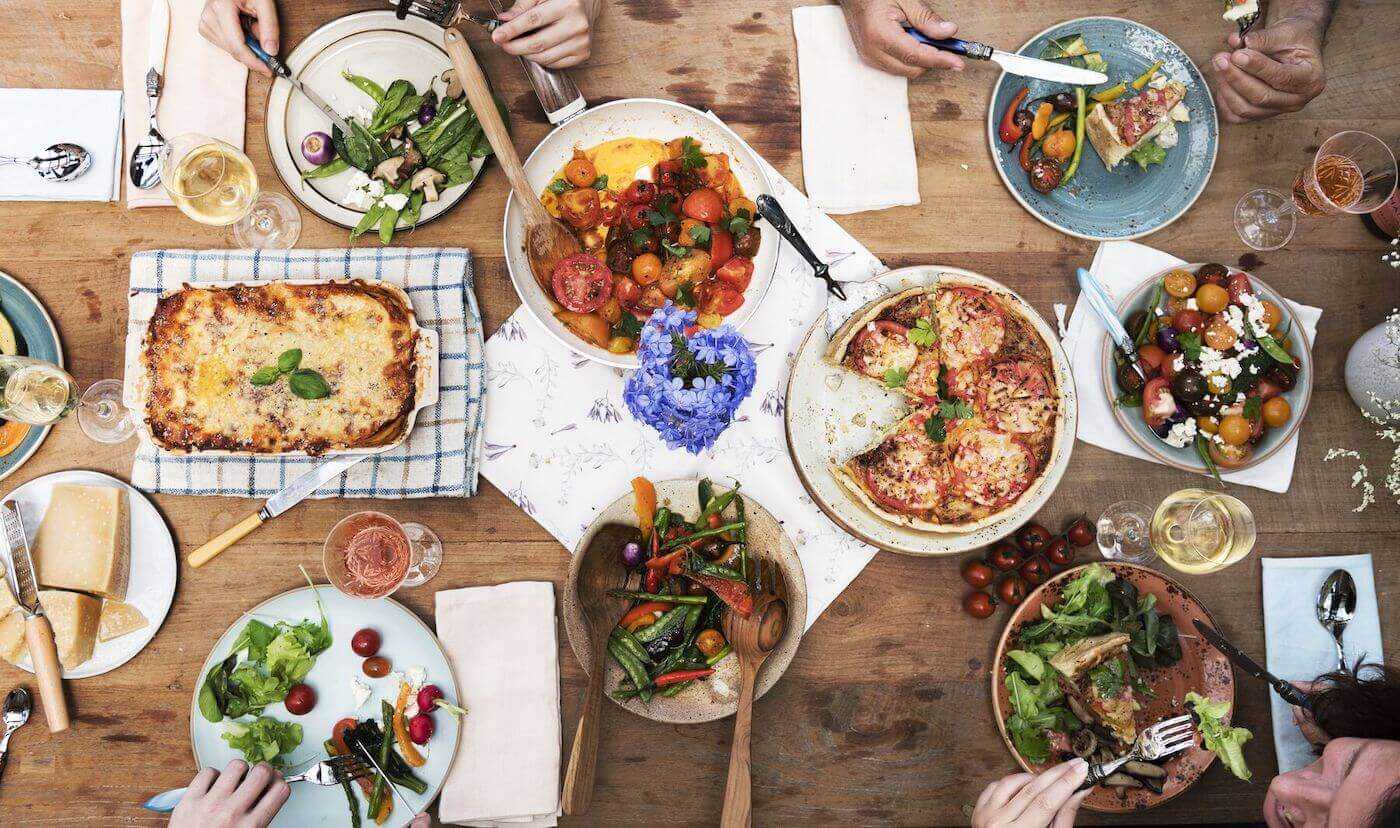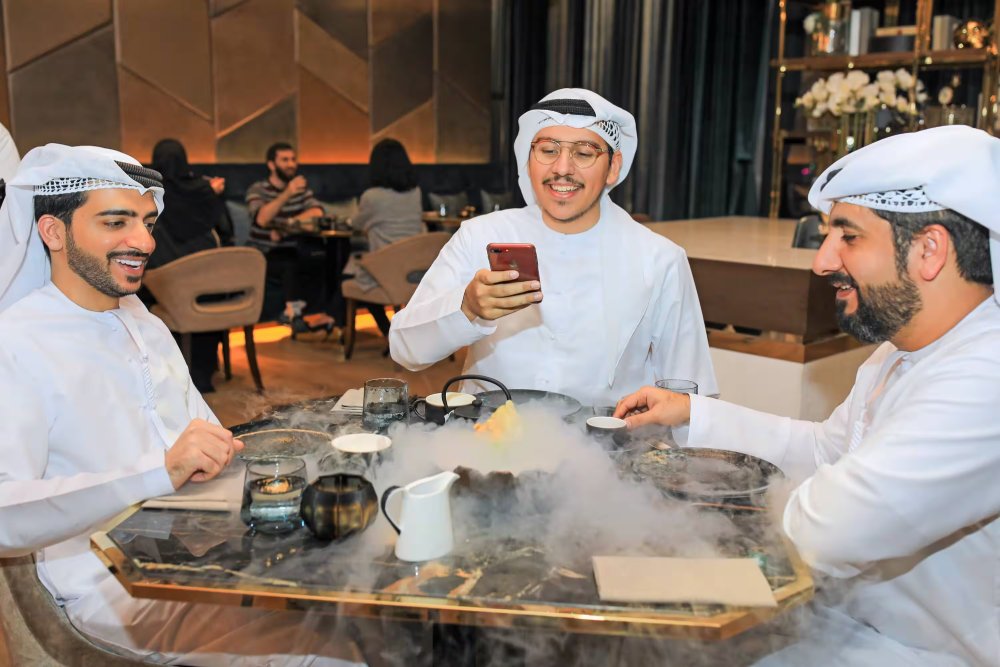Dubai is a land of opulence and grandeur, a playground for the world’s elite and a hub for some of the most magnificent culinary experiences imaginable. The city hosts a wide array of restaurants that redefine the term “fine dining” by offering not just a meal but an experience one where etiquette, class, and decorum play pivotal roles.
However, as alluring as these experiences may be, it’s essential to acknowledge that enjoying a meal in such luxurious settings often entails adhering to a set of unspoken rules. Here’s what you should know before you immerse yourself in the elegance of a fine-dining restaurant in Dubai.
Dress to Impress
First impressions are crucial. Dressing appropriately for a high-end dining experience reflects not just your personal style but also a mark of respect for the establishment and your fellow diners. Formal or semi-formal attire is generally expected. A jacket or a suit would be suitable for men, while women often opt for dresses or elegant suits. It’s best to check the restaurant’s dress code beforehand to ensure that your attire is up to par.
Punctuality is Paramount
It’s not only good manners to be on time, but in fine dining scenarios, it’s expected. Restaurants often have a tight schedule to maintain the food quality and the overall dining experience. Arriving late could disrupt the plans and affect your own and other diners’ experience.
Knowledge of Table Settings
Before taking your seat, take a moment to understand the table setup. Fine dining establishments often have an array of cutlery, plates, and glasses set before you. Generally, the rule is to work your way inward with the cutlery, starting with the outermost fork and knife for the initial courses. Your water glass is usually to your right and your wine glass slightly above it. A firm grasp of these basics can save you from potentially embarrassing moments.
The Art of Conversation

Sophisticated dining is not just about the food; it’s also an opportunity for quality conversation. Speak in moderate tones and keep your topics of discussion light and engaging. The etiquette also extends to mobile phone use; it’s polite to keep your phone on silent and avoid using it at the table.
Wine Etiquette
Wine is often a significant part of the fine dining experience. If you’re not a wine connoisseur, feel free to ask the sommelier for recommendations. When the wine is served, it’s customary for one person (usually the one who ordered the bottle) to taste it. This is not to check if you like the wine but to ascertain that it hasn’t spoiled.
Tipping and Payment
Tipping is appreciated but not obligatory in Dubai. A 15-20% tip is considered generous if you’ve received exceptional service. As for payment, it’s always best to check if the restaurant accepts credit cards or if cash is preferred.
Departure Grace
Upon completing your meal, it’s a kind gesture to thank the staff and bid goodbye. After all, a luxurious dining experience is a collaborative effort from the chefs to the servers. Acknowledging their hard work can make a fine dining experience extraordinary.
The Journey Through a Multi-Course Meal

One of the most distinctive features of a fine dining restaurant in Dubai is the multi-course meal, often designed to take you on a gastronomic journey. It’s an intricate sequence, usually starting with an amuse-bouche to awaken the palate, followed by starters, mains, and desserts. Each course is typically served with a specific wine or other beverage to enhance the flavors. Knowing how to navigate through these courses can elevate your dining experience.
First, pace yourself. Eating too quickly can be considered uncouth in a luxury dining environment. The purpose of a multi-course meal is to savor each dish and its complex flavors. Moreover, restaurants time the preparation and presentation of each dish meticulously; rushing through the courses can disturb this delicate rhythm.
Second, in line with pacing, remember that each course serves a particular function. The starter, for instance, is generally lighter and serves to whet the appetite for the heavier main course. The dessert, of course, is a sweet note on which to end the meal, but it’s also an experience in itself. Enjoy each course for what it brings to the table, literally and metaphorically.
Understanding Local Preferences and Ingredients
Dubai is a melting pot of cultures, and this diversity is vividly reflected in its culinary scene. Whether you’re dining on French haute cuisine, Japanese sushi, or Emirati delicacies, it’s beneficial to have some basic understanding of the culinary norms and local ingredients of that specific cuisine. For example, understanding that saffron and cardamom are commonly used in Emirati dishes can give you a deeper appreciation of the flavors. Likewise, awareness of the significance of using fresh, seasonal ingredients in Japanese cuisine can enhance your dining experience.
Conclusion
Dining at a fine restaurant in Dubai is not just about exquisite food or breathtaking ambiance it’s an intricate ballet of culinary skill, impeccable service, and patrons who appreciate the finer things in life. By understanding and adhering to the unspoken rules of high-end dining, you’ll be able to enjoy what Dubai’s top restaurants have to offer fully.

